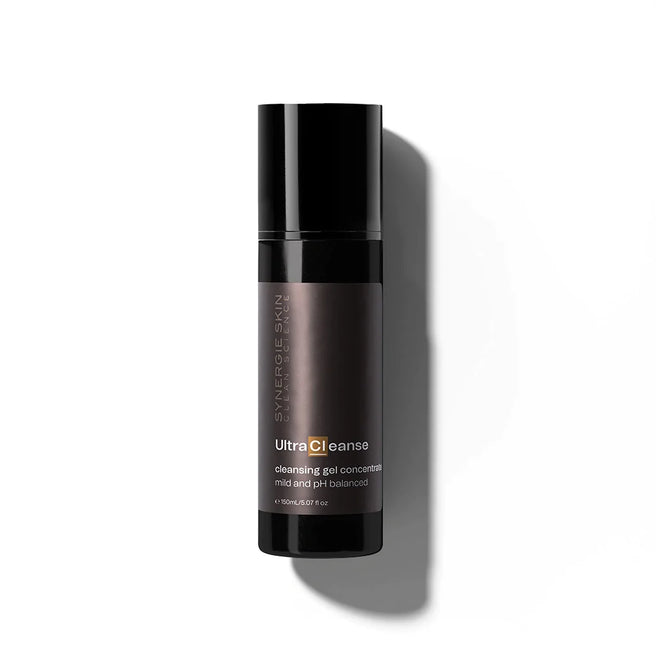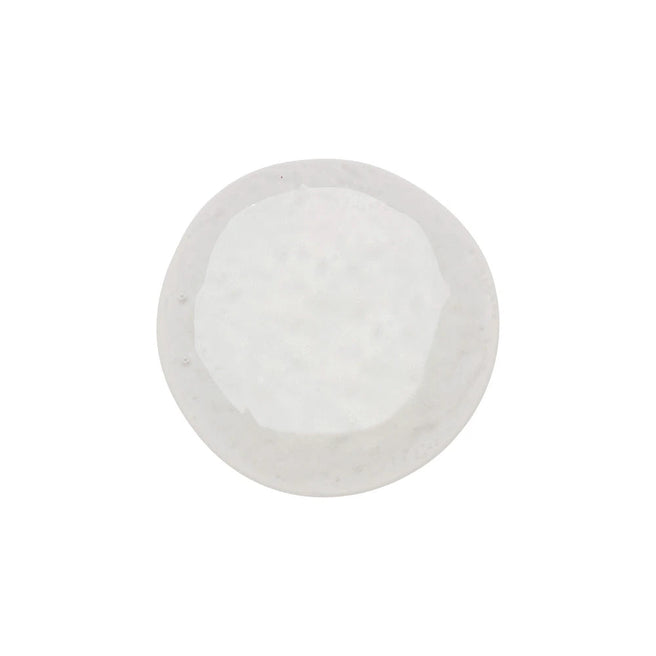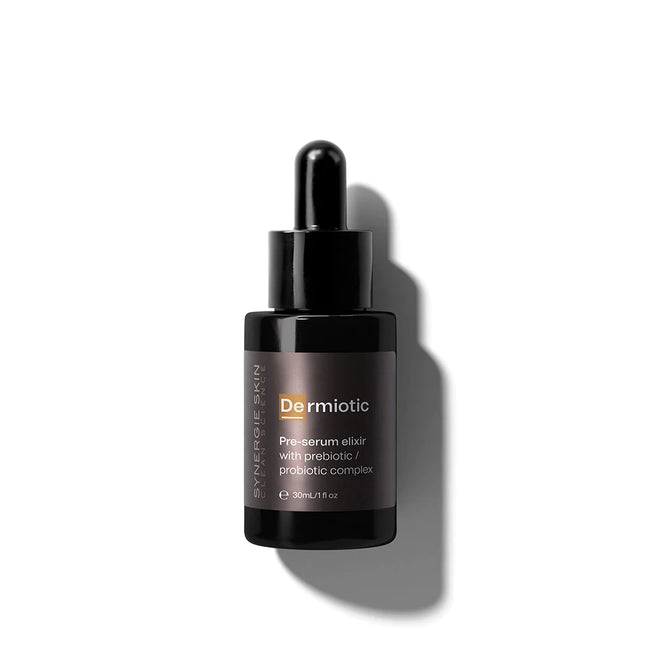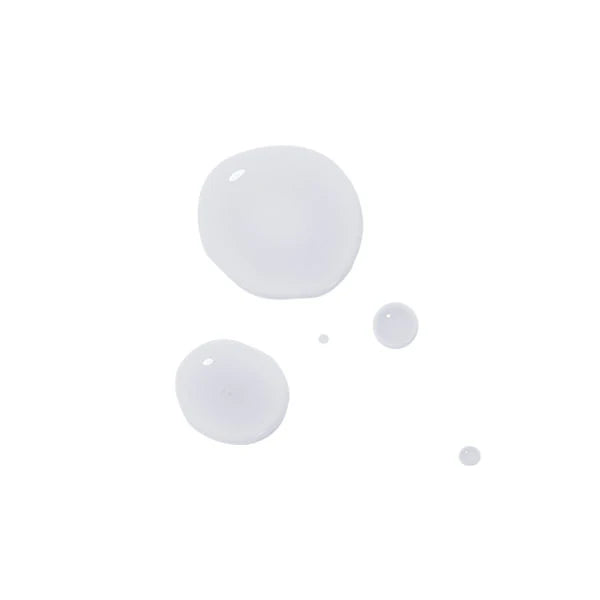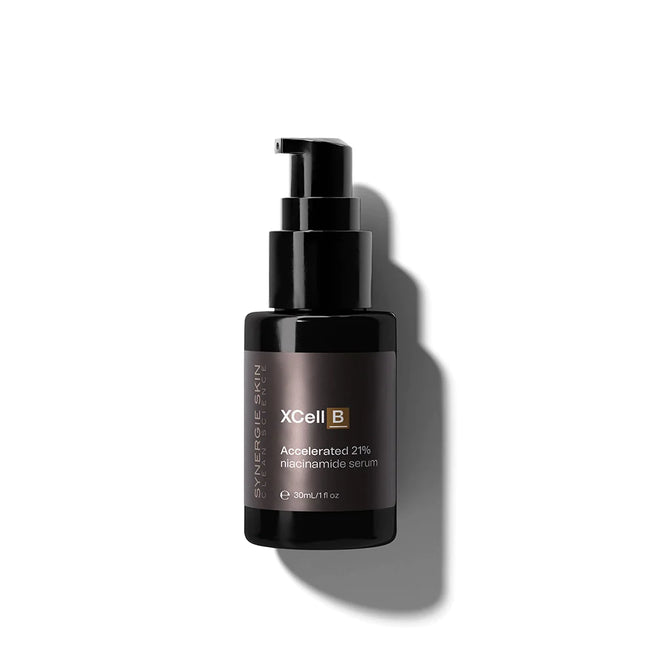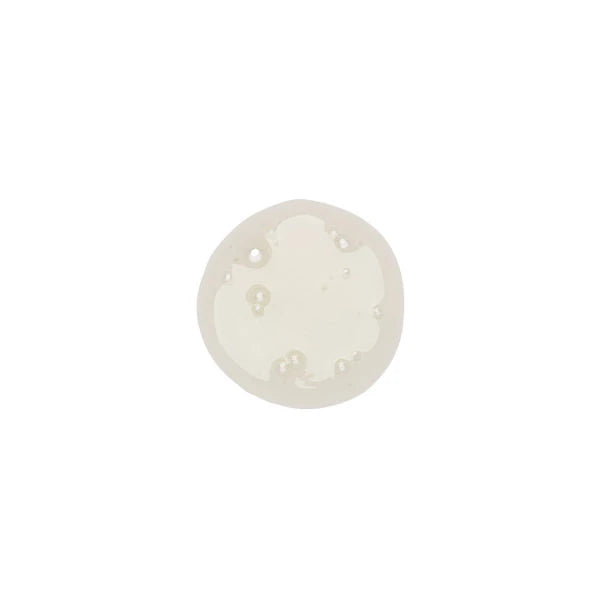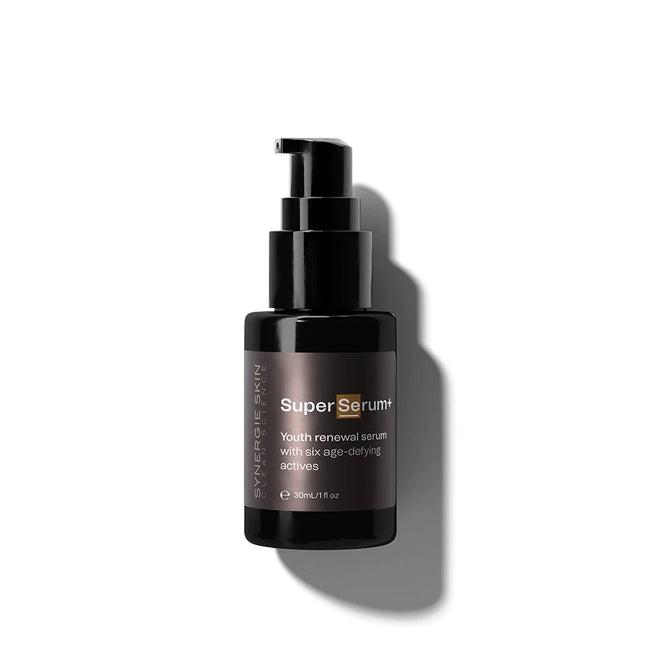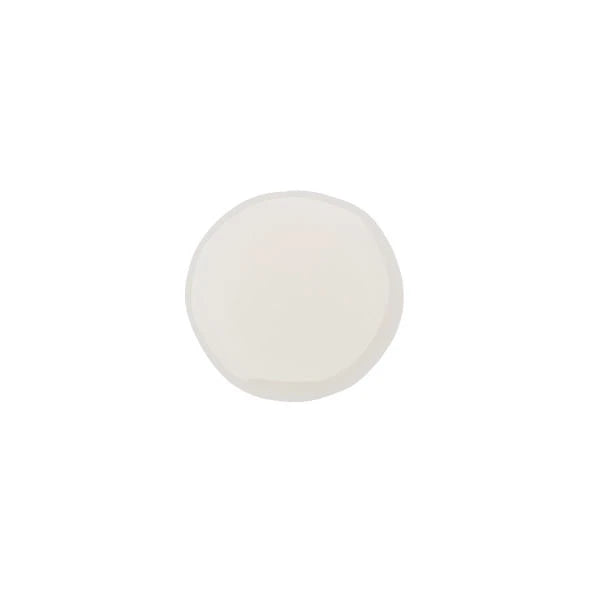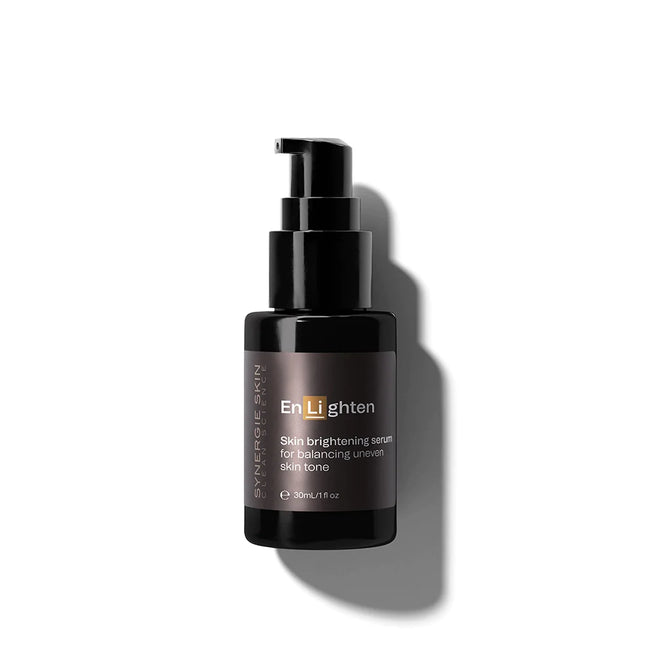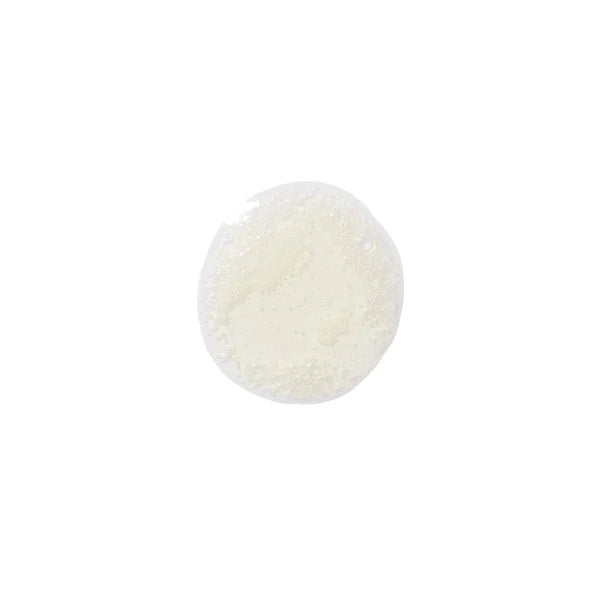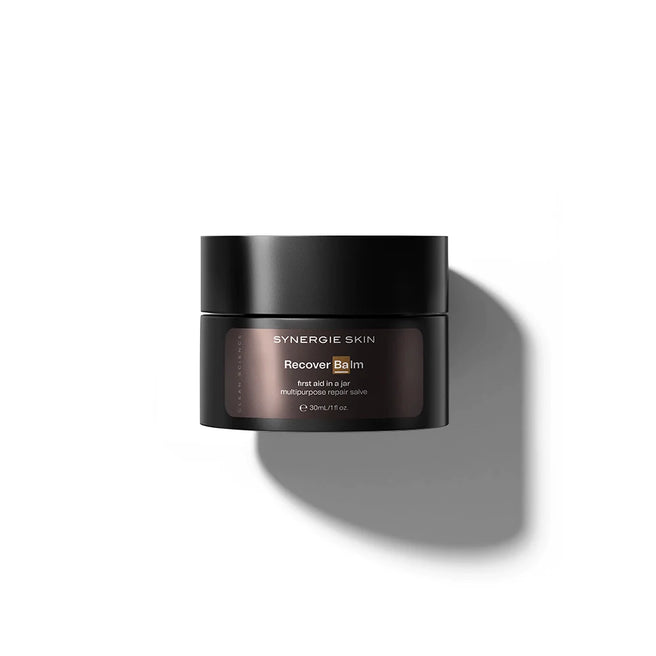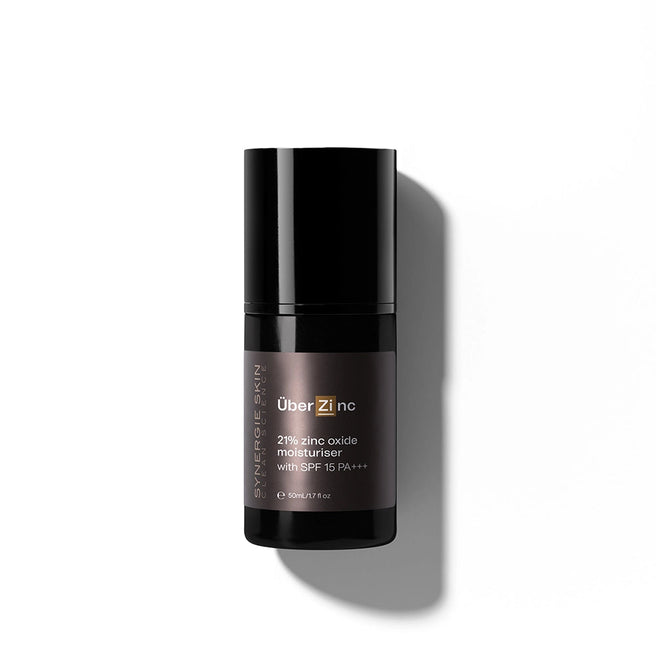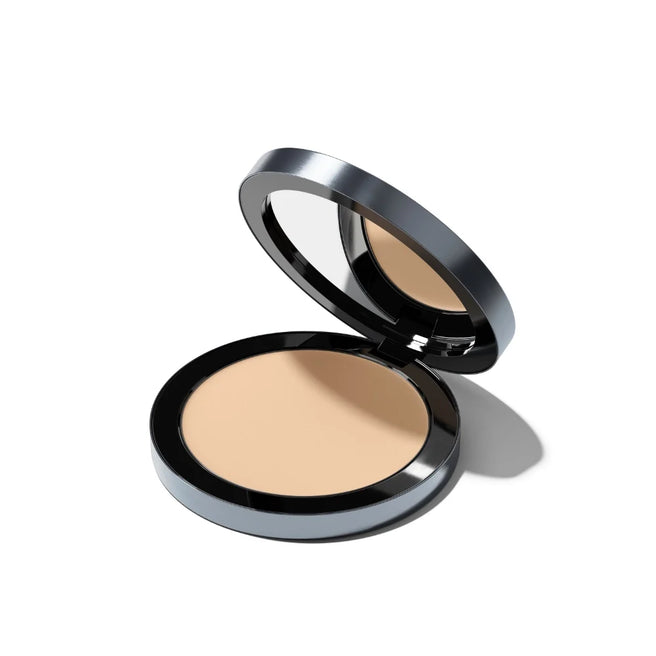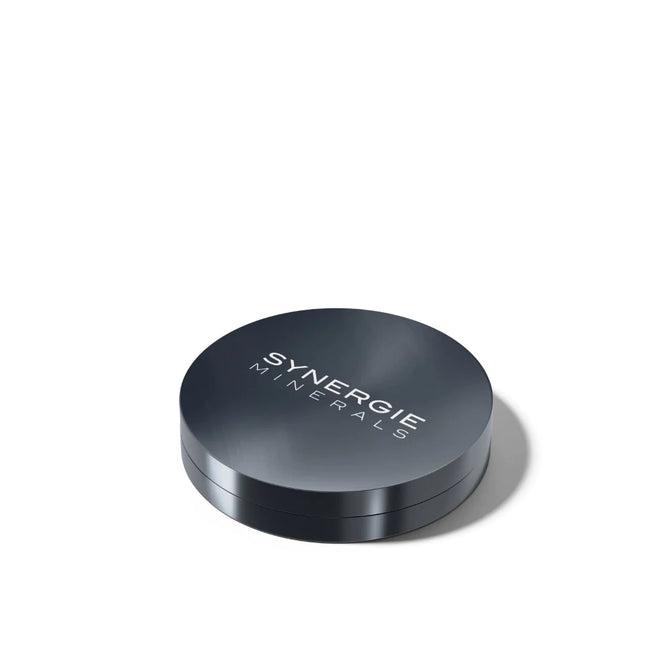Navigating the complexities of skin inflammation is crucial for effective management and prevention. While inflammation serves as a protective response, it can also lead to various skin conditions when uncontrolled. This blog delves into the essential aspects of skin inflammation, providing valuable insights so you can get ahead of the red.

Skin irritation and inflammation are often perceived negatively, when they’re essential in small amounts for your skin’s immunity and daily defence. So, there’s no doubt that this skin concern is a double-edged sword. On one hand, inflammation is a natural part of skin regeneration, but on the other, almost every skin condition presents with underlying inflammation.
What is skin inflammation?
Inflammation is a vital response to tissue injury or infection, characterised by redness, swelling, heat, and discomfort. From subtle redness to more pronounced symptoms, understanding the intricacies of inflammation and skin is paramount in cultivating a tailored approach to your skincare.
The dual role of inflammation in skin health
Inflammation is the skin's rapid general response to any kind of insult or injury to living tissues. An inflammatory response means the immune system is fighting against something that may turn out to be harmful and is essentially a defence mechanism to protect us from infection and injury.
Cells within the body and skin release a variety of substances that can widen blood vessels and make them more permeable. This allows the immune response to reach the affected area more easily.
- A rapid general response to any kind of insult or injury to living tissues
- A defence mechanism to protect us from something that may be harmful
- Allows the body/skin to localise and eliminate the harmful agent
- Facilitates the removal of damaged tissue components to enable healing to occur
- Inflammation is the skin's rapid general response to any kind of insult or injury to living tissues. An inflammatory response means the immune system is fighting against something that may turn out to be harmful and is essentially a defence mechanism to protect us from infection and injury.
Recognising symptoms of skin inflammation
Skin irritation and inflammation can manifest in a number of ways, signalling an imbalance within the body's largest organ – our skin. Identifying early signs of skin inflammation is vital for timely intervention, as untreated inflammation can exacerbate skin conditions and contribute to long-term damage.
- Skin redness
- Visible capillaries
- Itch, burn, or stinging sensation
- Warmth in the affected area
- Blisters or breakouts
- Raw or cracked areas of skin that may bleed
- Thickening of skin in the affected area
Common triggers of skin irritation and inflammation
Various factors, including physical stress, environmental irritants, and immune responses, can trigger skin inflammation. Understanding these triggers will enable you identify and avoid potential irritants down the road.
These are some more specific factors that can trigger skin inflammation:
- Physical stress or injury
- Infecting organisms – bacterial, fungal, viral
- Heat or UV radiation
- Environmental pollutants
- Diet and glycation
- Immune system dysfunction
- Stress and fluctuating hormone levels
- Allergic reactions
- Chemical – medication, plants, perfume, personal care products
Common types of skin redness and inflammation
Acute
This refers to an inflammatory response that is transient and lasts for a limited time in response to an attack on the body is called acute inflammation. This type of skin irritation and inflammation requires temporary anti-inflammatory treatment and a tailored product plan.
Chronic
This refers to an inflammatory response that is intense and lingers for an extended period, where the immune system thinks it is under constant attack and keeps fighting indefinitely. It requires long-term anti-inflammatory treatment and a product plan for substantial maintenance.
Specific inflammatory skin conditions
A controllable progressive vascular disorder, characterised by flare-ups and remissions primarily in the central facial region.

Barrier compromised inflammation
An inflammatory response which occurs when the skin’s protective barrier is weakened or damaged, leading to increased sensitivity, redness, and susceptibility to irritants and allergens.
Also known as atopic dermatitis, is a chronic skin condition characterised by inflammation, itching, and the formation of dry, scaly patches on the skin.

This refers to a heightened reactivity of the skin to external factors such as weather changes, skincare products, or environmental irritants, often resulting in redness, discomfort, or irritation.
This type of skin irritation and inflammation is the body’s immune response to bacteria, excess oil, and dead skin cells clogging the hair follicles, leading to redness, swelling, and tenderness associated with acne lesions.

How to treat inflammation and skin issues?
Whether it’s a chronic condition or an acute period of inflammation in your skin, we recognise how complicated it can be to navigate finding solutions on your own. There’s myriad information on skin inflammation treatments out there, and sometimes it can be difficult to know what advice to take.
We receive many questions about how to reduce skin inflammation and redness on the face, and our top three suggestions are to visit a clinic, book in for a virtual consult or shop our products for inflamed skin treatment online.
At Synergie Skin, our expert range of clinically proven serums, exfoliants, moisturisers, and elixirs are formulated with regenerative, anti-inflammatory ingredients that nourish skin types specifically prone to redness, flushing, and rosacea.
Discover Synergie Skin’s at-home solutions for managing skin inflammation
When it comes to how to treat inflamed face skin, finding a routine that is tailored to you will help you take the first steps towards healthier, happier skin.
We’ve curated an expert range of products to regulate and control the inflammatory process so that just enough inflammation creates a beneficial healing and regenerative response without creating significant or long-term cellular damage.
Soothe your inflamed skin and focus on barrier repair and regeneration with these 11 powerhouse products:
Gentle pH-balanced cleansing
Balancing of the microbiome
Multiple skin recovery benefits
Peptides for DNA repair, collagen induction epidermal regeneration and accelerated wound healing
Support the control of PIH
Calming barrier repairing and redness relief
Anti-inflammatory peptide power

Multipurpose repair balm
Daily broad-spectrum mineral zinc oxide protection
Calms, cools, and soothes inflamed skin
Anti-inflammatory mineral solar protection
Get ahead of the red when you incorporate Synergie Skin’s evidence-based formulations into your skincare routine.
If you’re looking for a more tailored approach to treating your inflammation, we encourage you to find your nearest clinic.
[Disclaimer: Please note that the information provided is for educational purposes only and should not be interpreted as medical advice. Always consult a healthcare professional for personalised recommendations regarding your skin health.]




